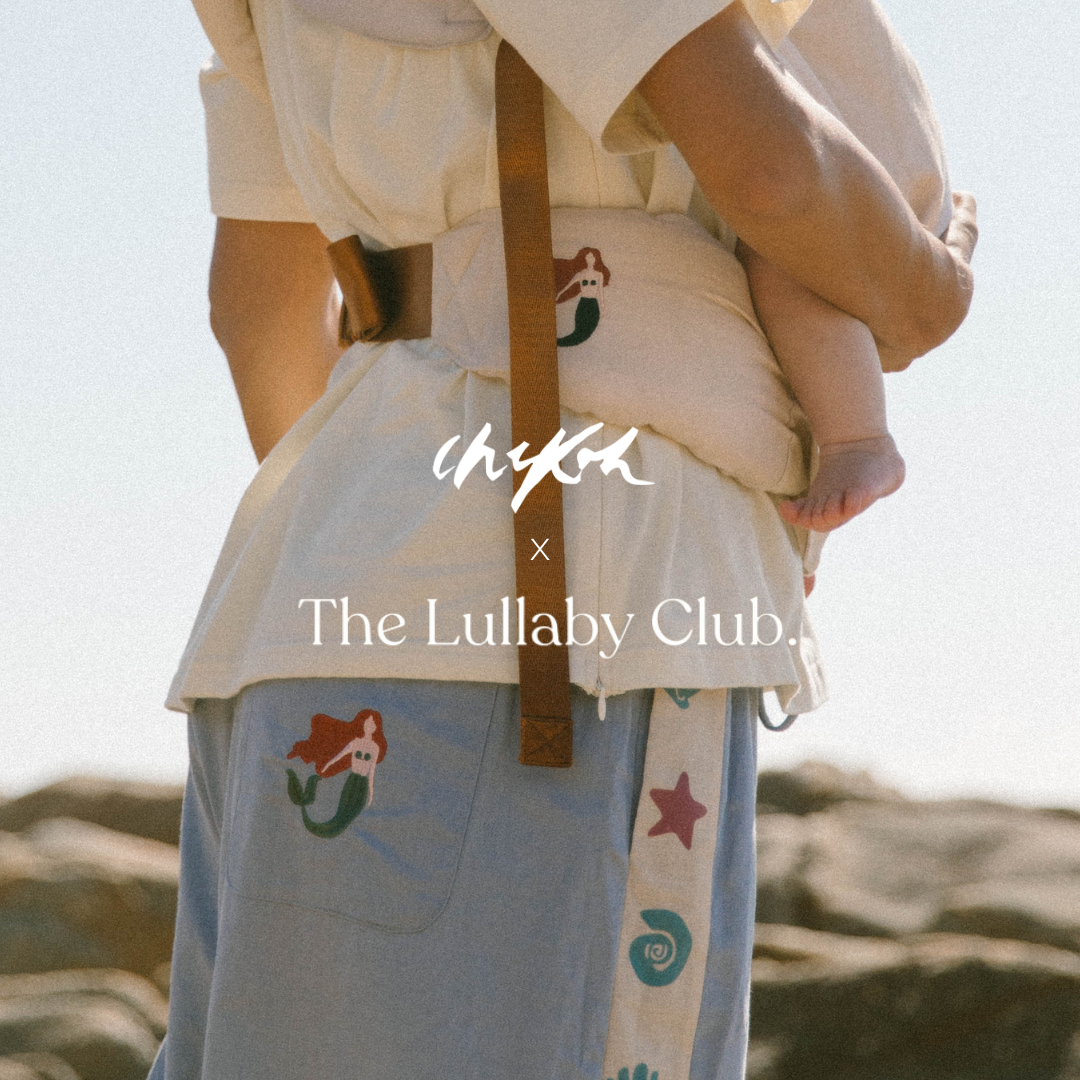Fur Baby Meets Baby

There comes a time in expectant parents' lives where suddenly, there appears a plethora of tiny furniture, tiny blankets and tiny clothing in a pretty little room.
CAT: AT LAST! These humans are understanding my needs - finally, my own room..but don't even think about putting those socks on my paws!DOG: Toys, just for me!?
 The confusion and curiosity over these tiny little baby goods will invite endless hours of sniffing, nosing, scratching and rubbing. But how do you prepare your fur baby for the reality of a tiny, pooping, crying, time-consuming human? It is a very complex time for all involved and just like preparing a sibling for their newest brother or sister, measures can be taken to ease the transition into not being the only baby in the house, anymore.
The confusion and curiosity over these tiny little baby goods will invite endless hours of sniffing, nosing, scratching and rubbing. But how do you prepare your fur baby for the reality of a tiny, pooping, crying, time-consuming human? It is a very complex time for all involved and just like preparing a sibling for their newest brother or sister, measures can be taken to ease the transition into not being the only baby in the house, anymore.
Many parents worry about how their pets will receive their baby, and rightfully so. Taking the steps to ensure a happy, safe and harmonious introduction of baby to pet is essential in balancing your household.
I chatted with lovely mama and local veterinary nurse Alicia, for some advice on this exact challenge. Alicia, as a mama of twins, knows first hand just how important the slow and steady integration can be. Here are some tips!

Before baby
During pregnancy, animals seem to get an inkling that something is up. There are a number of things you can do before bringing home your bundle, to allow your pets to learn boundaries and behaviours that will promote a safe and harmonious household.
Behaviour and Temperament
 It definitely helps the situation when you have placid, easy going pets to begin with. Unpredictably-behaved pets may need some professional assistance and training to set them up to succeed as a fur-sibling. There are many places that can offer advice and information on pet behaviour and schooling, and if you are at all worried about your pets behaviour (whether aggressive, skittish or unpredictable), it's best to consult an expert in this instance to ensure safety and security in your home.
It definitely helps the situation when you have placid, easy going pets to begin with. Unpredictably-behaved pets may need some professional assistance and training to set them up to succeed as a fur-sibling. There are many places that can offer advice and information on pet behaviour and schooling, and if you are at all worried about your pets behaviour (whether aggressive, skittish or unpredictable), it's best to consult an expert in this instance to ensure safety and security in your home.
Dolly role-play
Carry a doll around the house with you, tenderly as you would a baby. This will no doubt spike your pets' interests and they may watch with curiosity, but behaving normally around them whilst doing so will teach them that it's a very normal, everyday occurrence in your household.
No-go zones
 Rather than getting frustrated when your pup or kitty scratches at the door of the special room of toys and baby paraphernalia (that they were once allowed in), start to mark it off as a 'no paws allowed' domain in the first trimester. This will give your pet long enough to learn they aren't to go in there and will prevent excessive scolding and frustration on both parts when baby is home. Less traumatic for both/all parties!
Rather than getting frustrated when your pup or kitty scratches at the door of the special room of toys and baby paraphernalia (that they were once allowed in), start to mark it off as a 'no paws allowed' domain in the first trimester. This will give your pet long enough to learn they aren't to go in there and will prevent excessive scolding and frustration on both parts when baby is home. Less traumatic for both/all parties!
Fearful Fido
Commonly, dogs can have a fear of prams, which can lead to skittish or nervous behaviour. To avoid this happening with your freshie newborn and causing skyrocketing anxiety on your first public outing as a family, wheel it around the house empty so your pooch can learn it's actually just a small car for a baby, driven by a responsible designated parent.

With Baby
Blankie Love
Alicia suggests bringing home from hospital, a toy or blanket that has the scent of baby on it so your pet can get familiar with the new smell. I actually did this with my cat Henry and he performed some very weird body rubbing/sniffing dances on the blanket, it was very cute!
The first introduction
 When bringing home tiny baby, minimise unease for your pet by greeting him the same way you would usually. The continuity and consistence of your unwavering enthusiasm to see your fur child will only strengthen his secure role in your family.
When bringing home tiny baby, minimise unease for your pet by greeting him the same way you would usually. The continuity and consistence of your unwavering enthusiasm to see your fur child will only strengthen his secure role in your family.
The Big Sniff
The special moment your pet meets your baby should be a positive experience. Your pet may be fearful and uneasy, and will need assurance and positivity, lots of praise and edible treats for his good behaviour and manner around the new tiny family member.
Supervision at All Times

You may know your pet better than anyone, but nobody can guarantee how an animal will act in every instance. Regardless of their particular breed's expected temperament or nature, you must always err on the side of caution and never leave your baby alone with your pet. By supervising their interaction, you will no doubt get to witness some very cute bonding moments!

Stay subscribed to the newsletter here to catch the next edition of pet-related tips, where I chat to Alicia about the do's and don'ts of young kids and their pets. Alicia and her daughter Charli and dog Chip in cute snap above.
PRODUCTS FEATURED IN THIS POST:


Comments